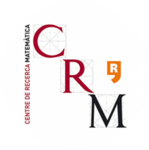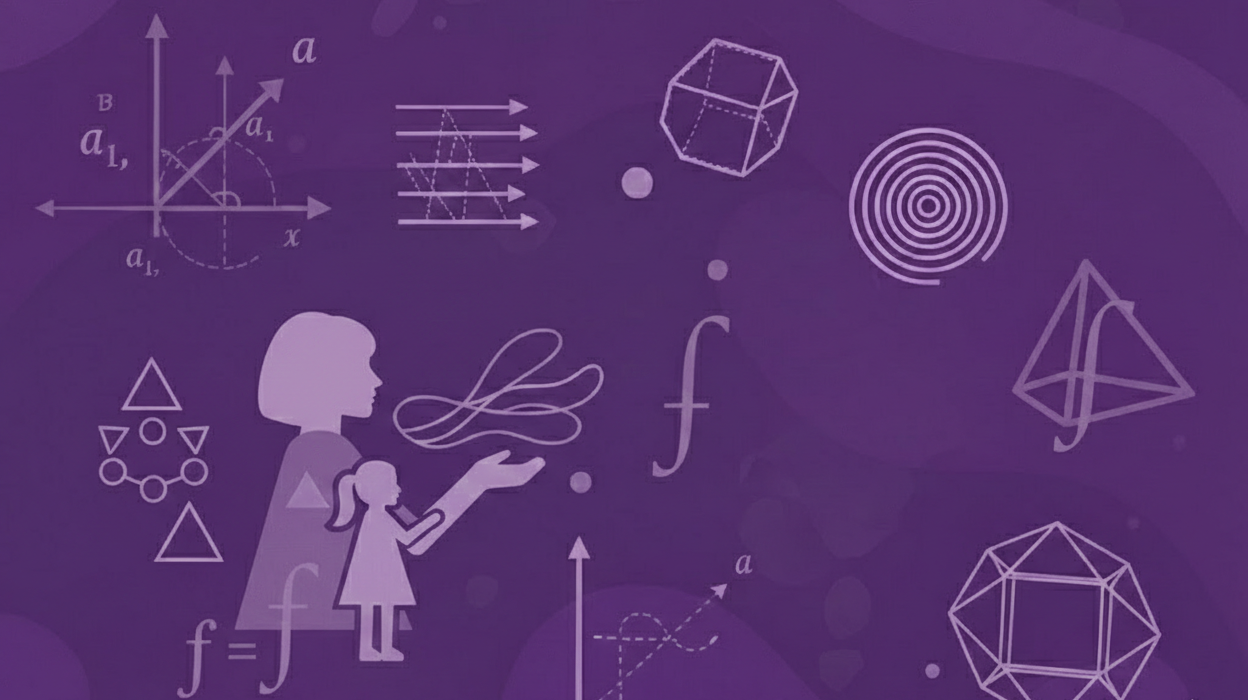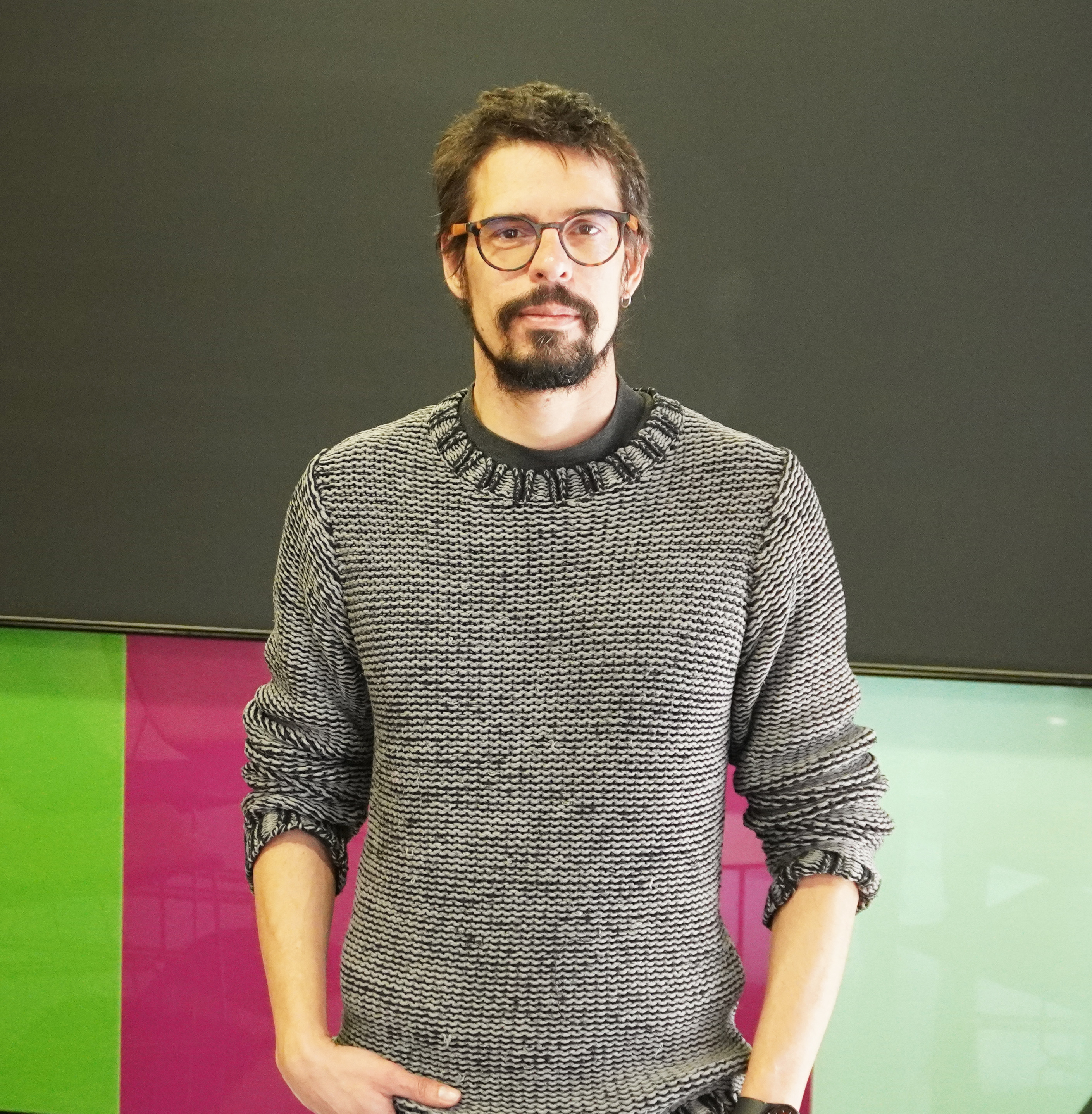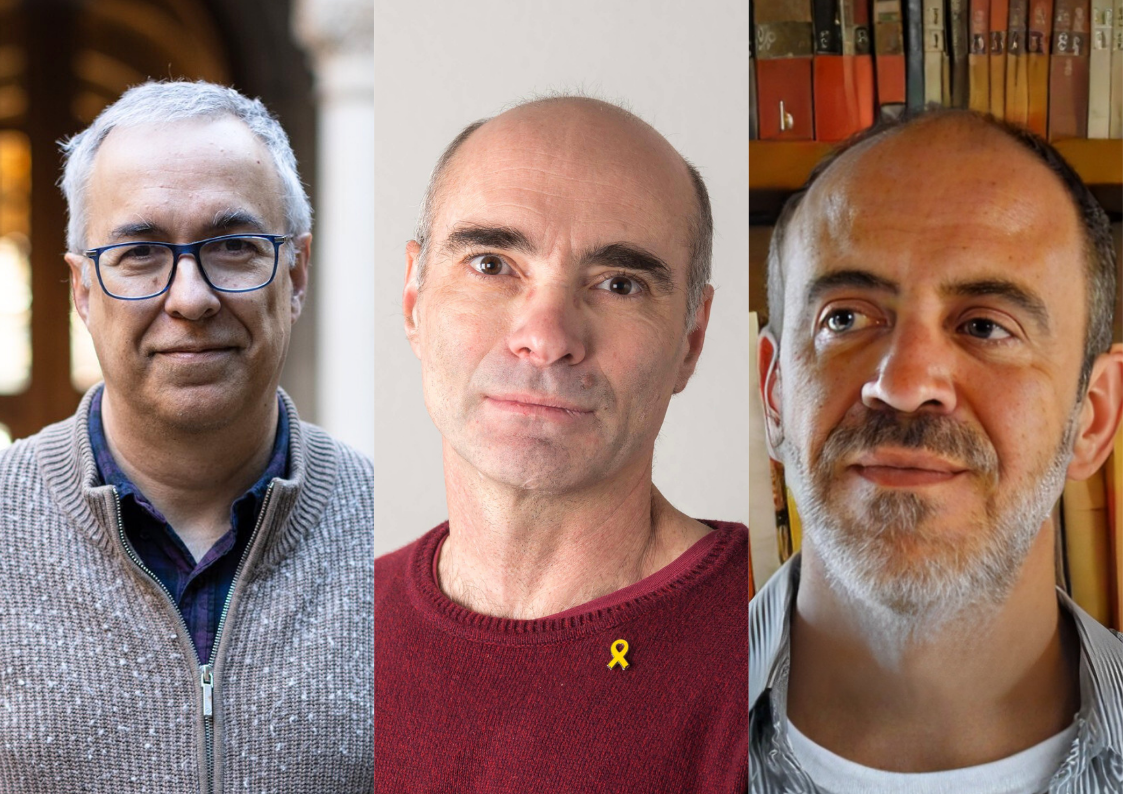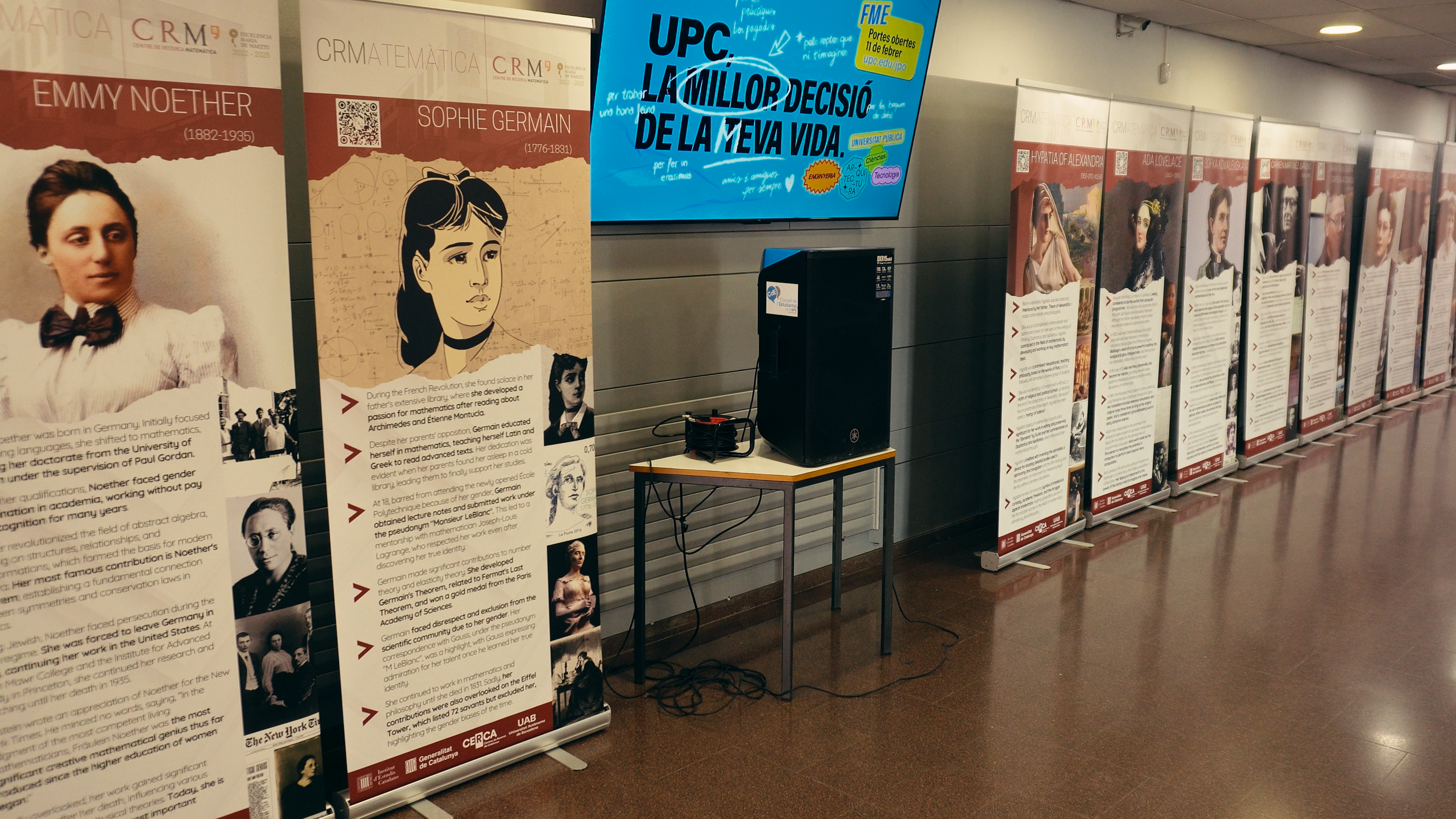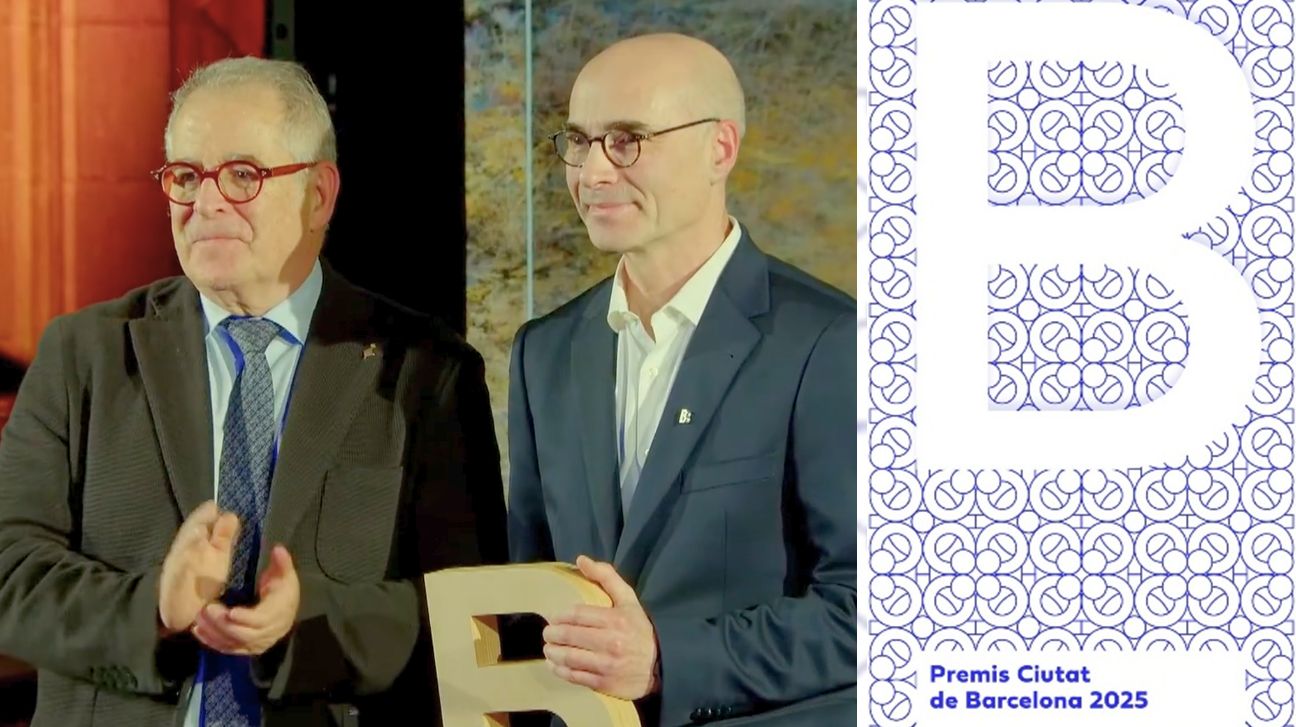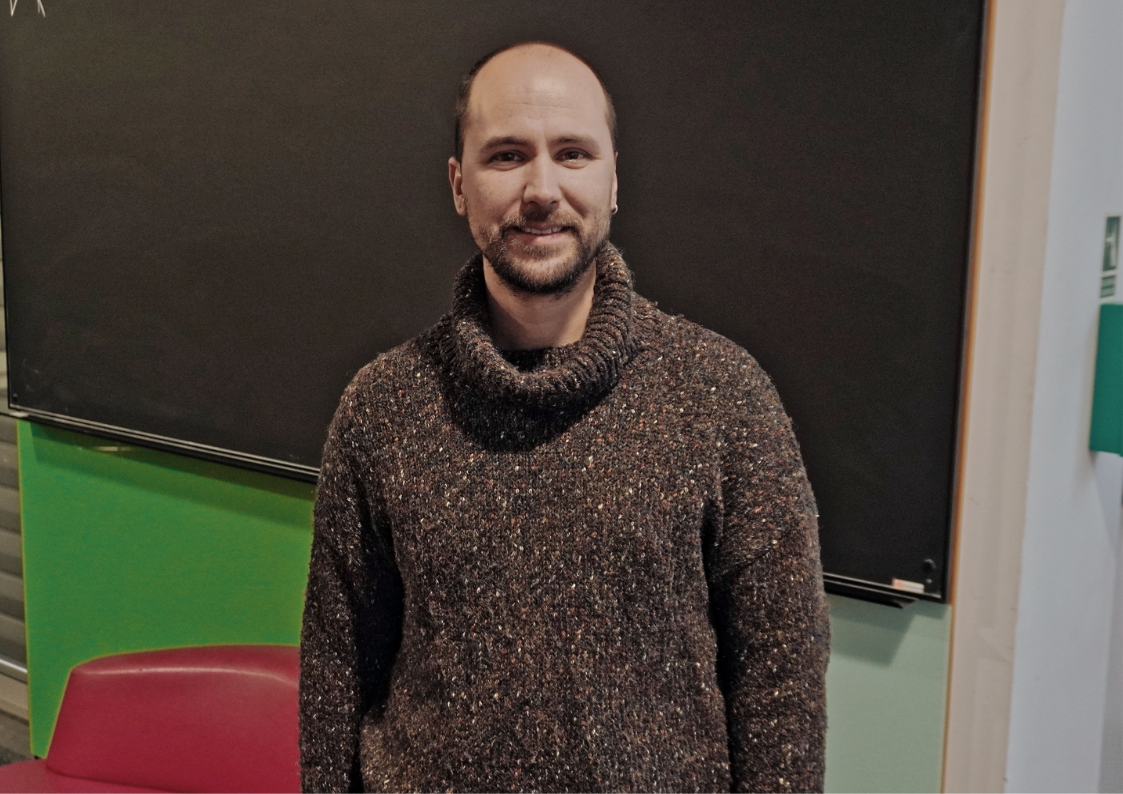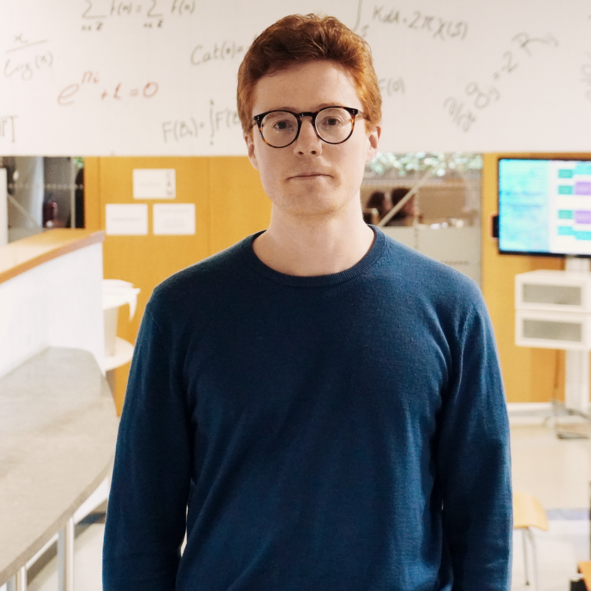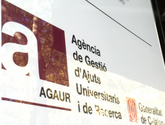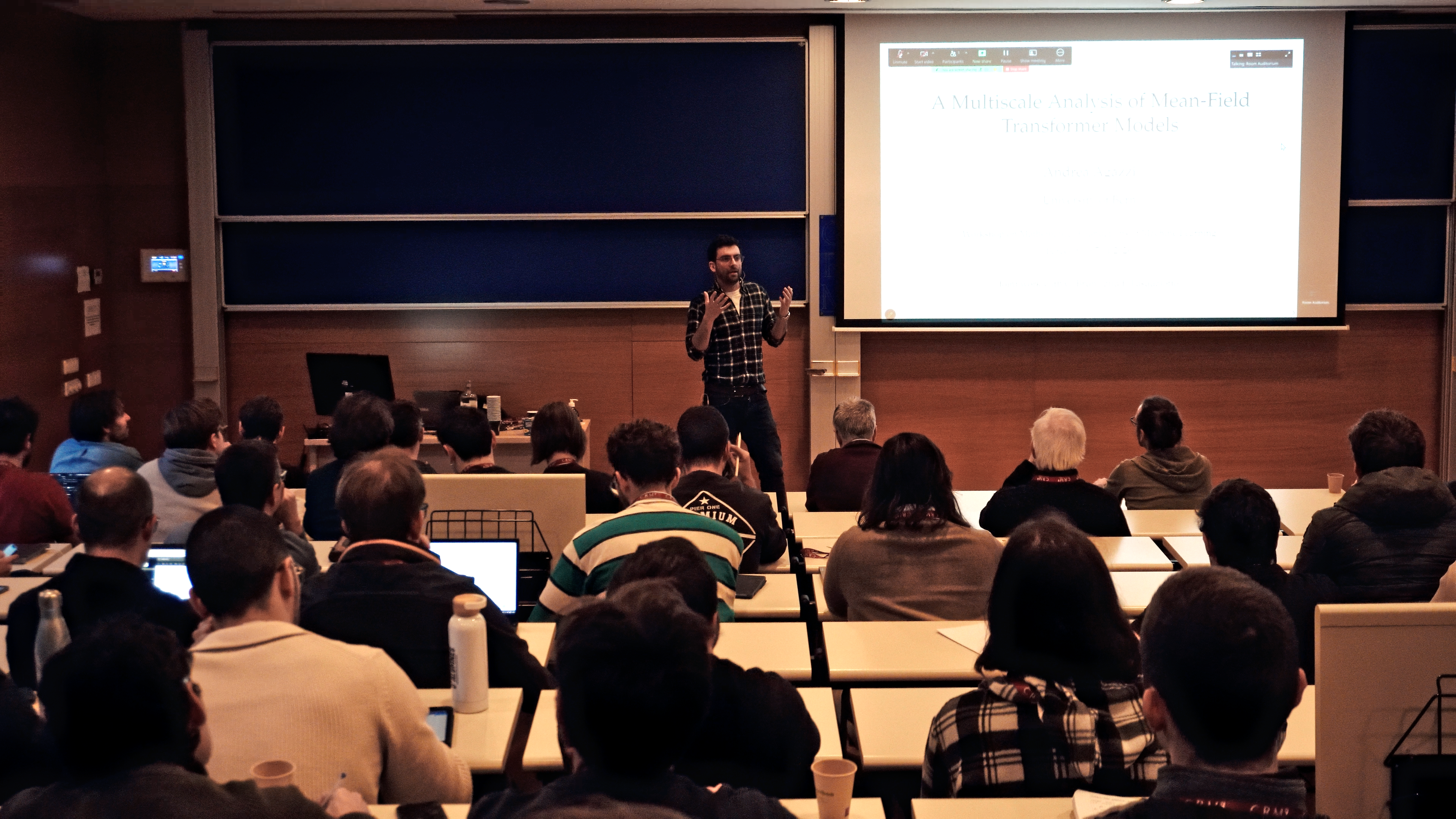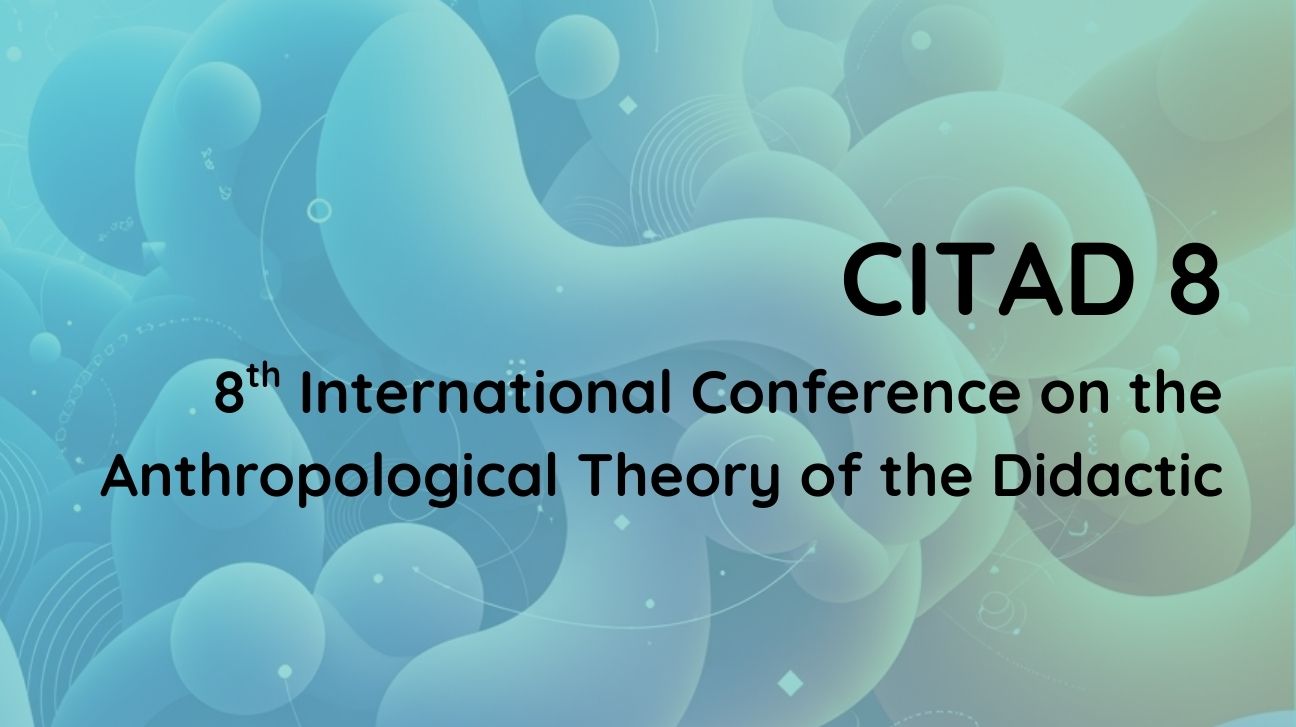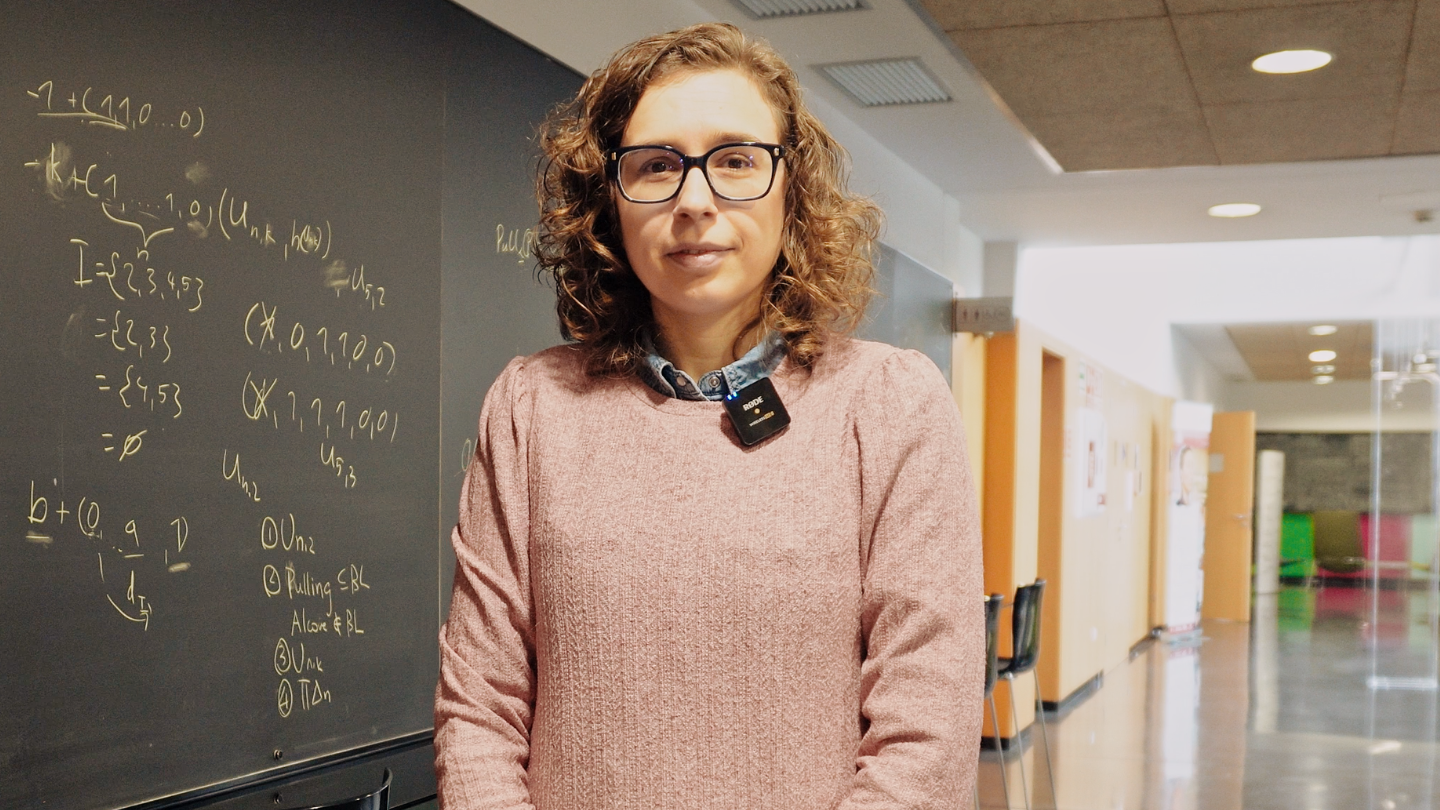
From October 6–10, 2025, the Centre de Recerca Matemàtica hosted the XIII GEFENOL-DIFENSC Summer School, bringing together young researchers and leading experts to explore the role of statistical physics in understanding complex systems. The program featured courses on cancer modeling, active matter, stochastic thermodynamics, and non-equilibrium phenomena, alongside tutorials, invited talks, and poster sessions that showcased cutting-edge research across disciplines.
From October 6 to 10, 2025, the Centre de Recerca Matemàtica (CRM) hosted the XIII GEFENOL-DIFENSC Summer School on Statistical Physics of Complex Systems. This international event aims to train young researchers in the use of statistical physics to understand complex systems—an approach that has proven essential in fields ranging from biology and ecology to information theory and social dynamics.
The program featured four main courses delivered by internationally renowned lecturers:
Tomás Alarcón (ICREA–CRM) delivered a course on Cancer as an Ecological Process, presenting tumours as evolving ecosystems. Mutated cells compete, cooperate, and adapt within hostile environments, offering new insights into why cancer emerges and why it remains so difficult to treat. Alarcón leads the cancer modelling group at CRM. His research focuses on mathematical biology, particularly multiscale and stochastic modelling of tumour growth, drug resistance, and tumour-induced angiogenesis. Since 2015, he has been an ICREA Research Professor and has helped position CRM as a reference centre in the application of mathematics to biomedicine.
Léonie Canet (Université Grenoble Alpes) delivered a course on Functional Renormalisation Group for Nonequilibrium Systems, introducing the FRG formalism and its application to non-equilibrium critical phenomena. She focused on the kinetic roughening of stochastically growing interfaces, described by the Kardar-Parisi-Zhang equation. Canet is a prominent researcher in statistical physics, known for her contributions to non-perturbative renormalisation techniques and their use in understanding turbulence, reaction-diffusion systems, and universality far from equilibrium.
Fèlix Ritort (Universitat de Barcelona) delivered a course on Stochastic Thermodynamics: Theory and Experiments, presenting the essential concepts and tools to understand fluctuation theorems and the conversion of information into energy. Ritort is a full professor of condensed matter physics and leads the Small Biosystems Lab at UB, a world-renowned group in single-molecule biophysics. His research spans statistical physics, disordered systems, and non-equilibrium dynamics, with a strong focus on molecular thermodynamics. He earned his PhD under Nobel laureate Giorgio Parisi and has received multiple awards, including the ICREA Academia and the Bruker Prize for his contributions to molecular biophysics.
Chantal Valeriani (Universidad Complutense de Madrid) delivered a course on Collective Behaviour of Active Systems, focusing on how active matter—systems of energy-consuming units—exhibits large-scale collective motion. She introduced key models like Active Brownian Particles and the Vicsek model, and presented ActiveNet, a machine-learning tool that infers interaction forces from particle trajectories. With a PhD from the University of Amsterdam under Prof. Daan Frenkel and postdoctoral experience at the University of Edinburgh, she is a leading researcher in soft matter and active systems, and currently Associate Professor at UCM.
In addition to the main courses, the program was enriched by two invited tutorials: Juan Manuel López (Instituto de Física de Cantabria) introduced key ideas from information theory, while Isabel Pastor (Universitat de Barcelona) guided participants through a visit to Fèlix Ritort’s lab, offering a hands-on perspective on experimental biophysics. The school also featured invited talks on diverse topics: Albert Beardo (UAB) discussed transport phenomena beyond local equilibrium, Eric Latorre-Crespo (CRG–CRM) presented scaling laws in stem cell dynamics and aging, Javier Cristín (UAB) explored collective motion from spins to swarms, and M. Ángeles Serrano (ICREA–UB) addressed the statistical mechanics of hyperbolic random graphs. The event concluded with closing remarks by Jordi Mompart (UAB).
The school also featured a vibrant poster session and a series of contributed talks by early-career researchers, showcasing cutting-edge work on topics such as bacterial motility, stochastic dynamics in fish schooling, protein stabilization, chaotic population models, and network-based approaches to molecular complexity. Presenters came from institutions across Europe, including Roma Tre University, EPFL, King’s College London, Universitat Politècnica de Catalunya, and CSIC, among others. These sessions provided a dynamic space for scientific exchange and highlighted the diversity of approaches within the field of statistical physics of complex systems.
|
|
CRM CommNatalia Vallina
|
Trivial matemàtiques 11F-2026
Rescuing Data from the Pandemic: A Method to Correct Healthcare Shocks
When COVID-19 lockdowns disrupted healthcare in 2020, insurance companies discarded their data; claims had dropped 15%, and patterns made no sense. A new paper in Insurance: Mathematics and Economics shows how to rescue that information by...
El CRM Faculty Colloquium inaugural reuneix tres ponents de l’ICM 2026
Xavier Cabré, Joaquim Ortega-Cerdà i Xavier Tolsa, tots tres convidats a parlar al Congrés Internacional de Matemàtics del 2026, protagonitzaran la primera edició del nou col·loqui trimestral del Centre el 19 de febrer.El Centre de Recerca...
L’exposició “Figures Visibles” s’inaugura a la FME-UPC
L'exposició "Figures Visibles", produïda pel CRM, s'ha inaugurat avui al vestíbul de la Facultat de Matemàtiques i Estadística (FME) de la UPC coincidint amb el Dia Internacional de la Nena i la Dona en la Ciència. La mostra recull la trajectòria...
Xavier Tolsa rep el Premi Ciutat de Barcelona per un resultat clau en matemàtica fonamental
L’investigador Xavier Tolsa (ICREA–UAB–CRM) ha estat guardonat amb el Premi Ciutat de Barcelona 2025 en la categoria de Ciències Fonamentals i Matemàtiques, un reconeixement que atorga l’Ajuntament de Barcelona i que enguany arriba a la seva 76a edició. L’acte de...
Axel Masó Returns to CRM as a Postdoctoral Researcher
Axel Masó returns to CRM as a postdoctoral researcher after a two-year stint at the Knowledge Transfer Unit. He joins the Mathematical Biology research group and KTU to work on the Neuromunt project, an interdisciplinary initiative that studies...
The 4th Barcelona Weekend on Operator Algebras: Open Problems, New Results, and Community
The 4th Barcelona Weekend on Operator Algebras, held at the CRM on January 30–31, 2026, brought together experts to discuss recent advances and open problems in the field.The event strengthened the exchange of ideas within the community and reinforced the CRM’s role...
From Phase Separation to Chromosome Architecture: Ander Movilla Joins CRM as Beatriu de Pinós Fellow
Ander Movilla has joined CRM as a Beatriu de Pinós postdoctoral fellow. Working with Tomás Alarcón, Movilla will develop mathematical models that capture not just the static architecture of DNA but its dynamic behaviour; how chromosome contacts shift as chemical marks...
Criteris de priorització de les sol·licituds dels ajuts Joan Oró per a la contractació de personal investigador predoctoral en formació (FI) 2026
A continuació podeu consultar la publicació dels criteris de priorització de les sol·licituds dels ajuts Joan Oró per a la contractació de personal investigador predoctoral en formació (FI 2026), dirigits a les universitats públiques i privades del...
Mathematics and Machine Learning: Barcelona Workshop Brings Disciplines Together
Over 100 researchers gathered at the Centre de Recerca Matemàtica to explore the mathematical foundations needed to understand modern artificial intelligence. The three-day workshop brought together mathematicians working on PDEs, probability, dynamical systems, and...
Barcelona + didactics + CRM = CITAD 8
From 19 to 23 January 2026, the CRM hosted the 8th International Conference on the Anthropological Theory of the Didactic (CITAD 8), a leading international event in the field of didactics research that brought together researchers from different countries in...
Seeing Through Walls: María Ángeles García Ferrero at CRM
From October to November 2025, María Ángeles García Ferrero held the CRM Chair of Excellence, collaborating with Joaquim Ortega-Cerdà on concentration inequalities and teaching a BGSMath course on the topic. Her main research focuses on the Calderón problem,...











